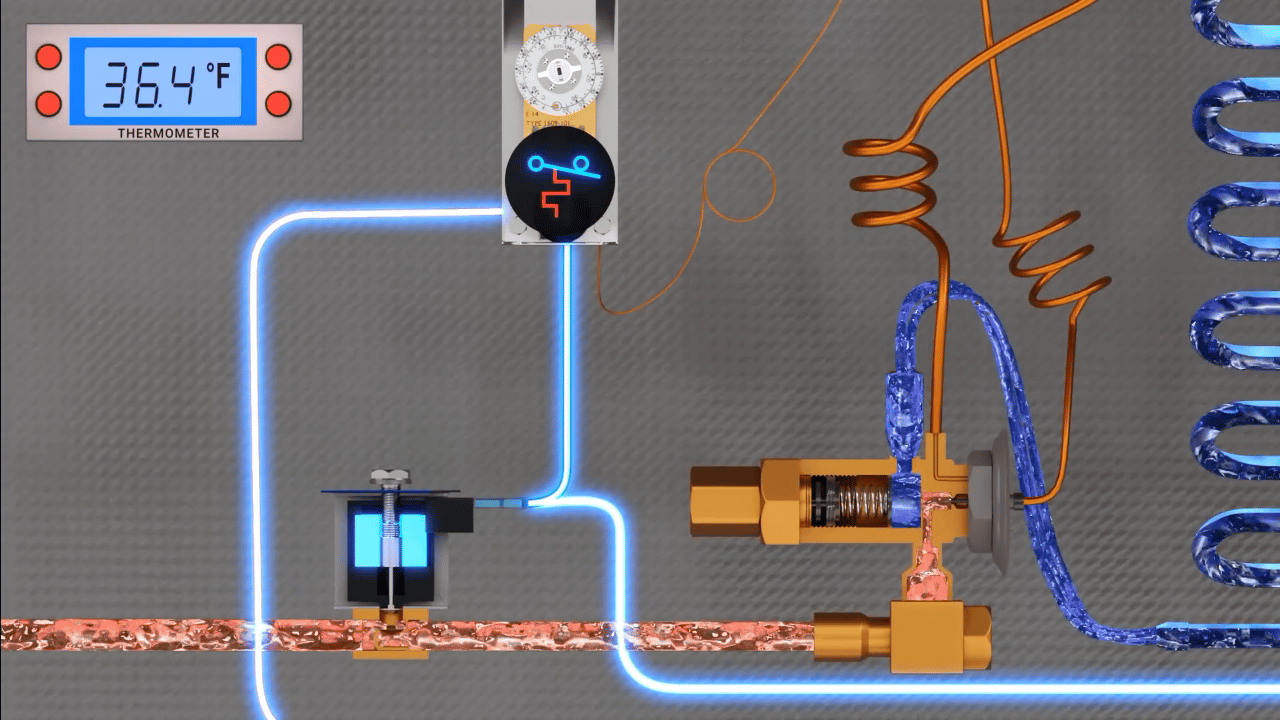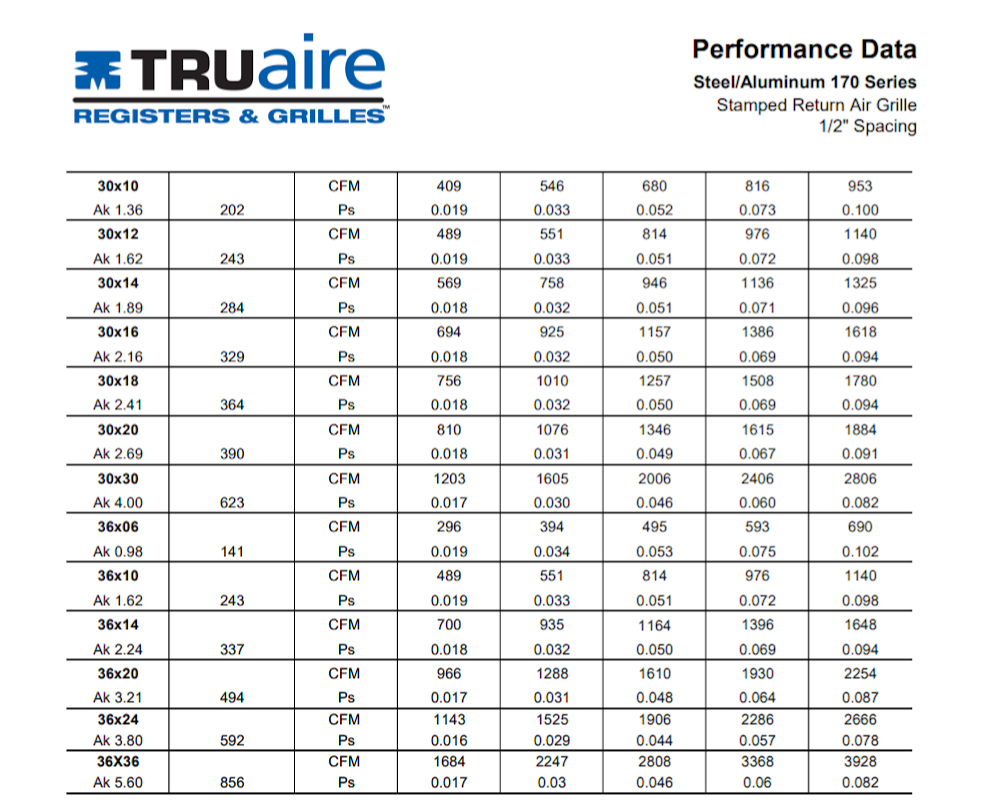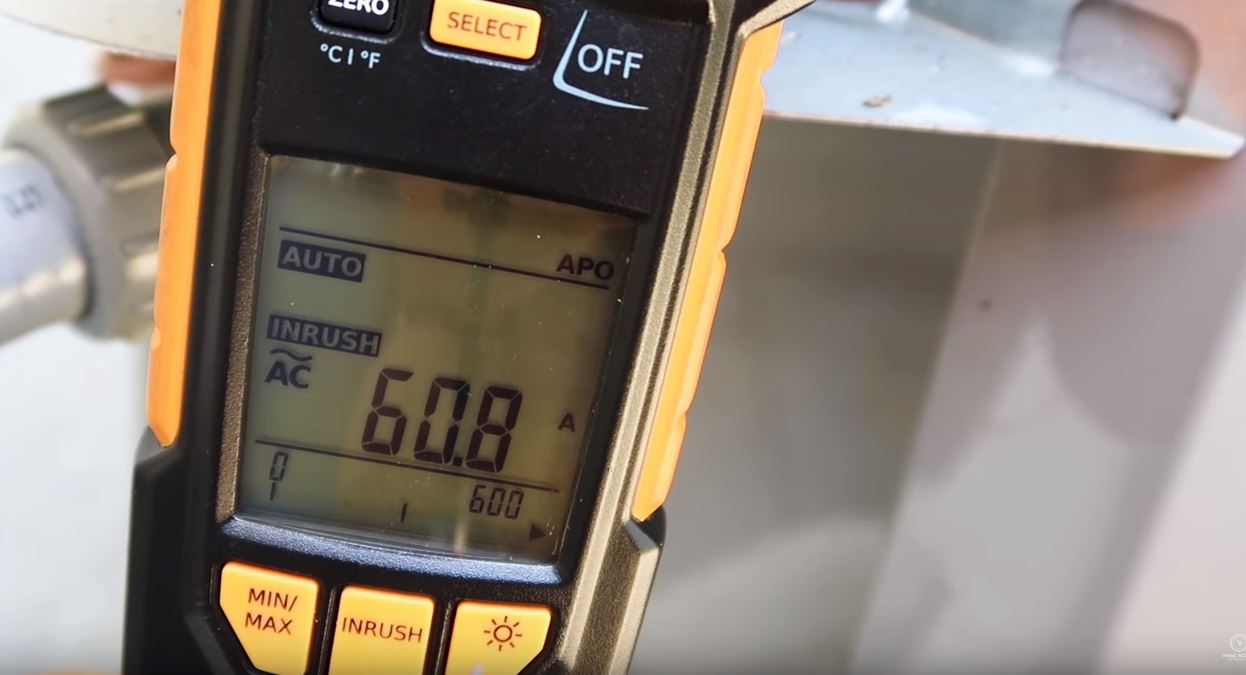Get Tech Tips
Subscribe to free tech tips.
A Liquid Line Solenoid and What it Does

Depending on what segment of the business you are in and your location, you either work on pump-down solenoid systems all the time, or YOU HAVE NO CLUE what a liquid line solenoid is.
A liquid line solenoid valve (LLSV) is just a valve that opens and closes; it has a magnetic coil. Depending on whether the valve is normally open or normally closed, it opens or closes when the coil is energized.
If you work on refrigeration or straight cool units up north, you are likely very well acquainted with “pump down” solenoids. If you do residential HVAC in the south, you may have never seen one.
Do you know that you pump down a system by closing the liquid line? That's all a pump-down solenoid does. It closes when the system is running, causing the system to pump all of the refrigerant into the condenser and receiver (if there is one).

The trick is that for it to pump down, the compressor needs to be running, and then it needs to SHUT OFF once it is done pumping down. That means that it needs a good-quality, properly set low-pressure switch near the compressor to shut it off when the suction pressure gets low enough—but not TOO low. The goal is to get all the liquid pumped into the condenser, not pump down to zero.
There are a few benefits of a pump-down solenoid. First, it helps prevent liquid refrigerant migration down the suction line into the compressor. When liquid refrigerant migrates into the compressor, it dilutes the oil and can cause a “flooded” start.
The other cool thing is that you don't need any low-voltage controls between the indoor and outdoor unit (in some cases). The solenoid is in the liquid line near the air handler inside, so by opening the valve, the suction pressure increases, the compressor turns on, and when it closes, the compressor pumps down and shuts off.
Obviously, this would not work on a heat pump system because it would attempt to pump down into the indoor coil in heat mode, which would not work. They also won't work in most cases when you have complex or proprietary controls.
In some cases, the liquid line solenoid is not used to “pump down;” it simply closes during the off cycle, preventing refrigerant flow and migration in that way.
So, there are places where liquid line solenoids make sense and applications where they don't, but they are fairly simple and easy to understand.
—Bryan
P.S. — We have a 3D video showing how a basic pump-down refrigeration system works. You can watch it HERE.










Comments
I know this is an older one but since it’s been highlighted on the facebook page I’d just like to take a second to make a point. When sizing these pump down valves they are sized by the size of the system (tonnage/hp) not the size of the pipe.
I know this is an older one but since it’s been highlighted on the facebook page I’d just like to take a second to make a point. When sizing these pump down valves they are sized by the size of the system (tonnage/hp) not the size of the pipe.
https://bestiptvservice.vip
https://bestiptvservice.vip
To leave a comment, you need to log in.
Log In